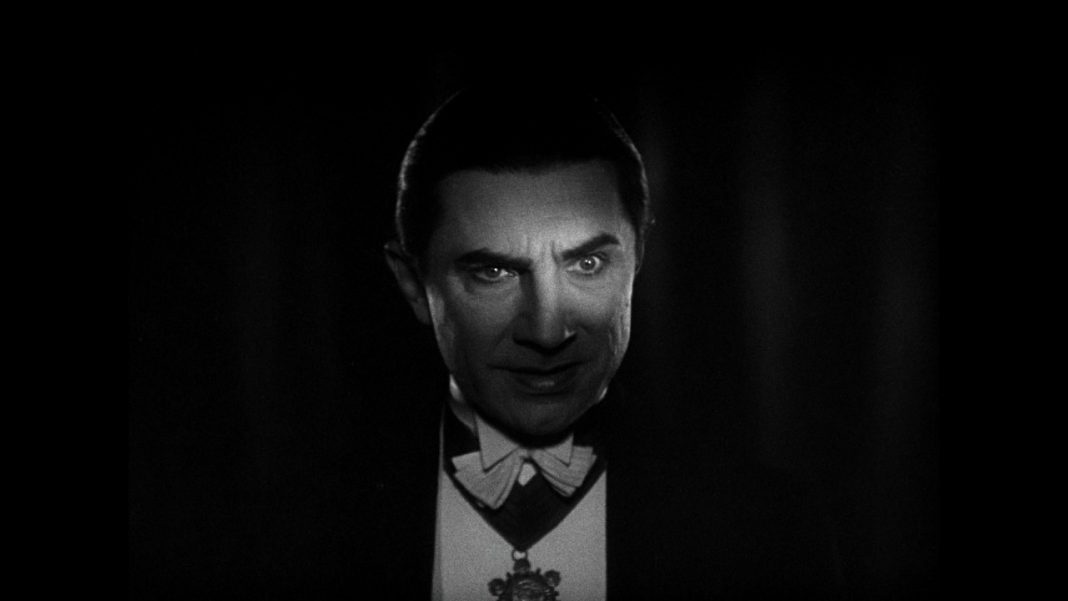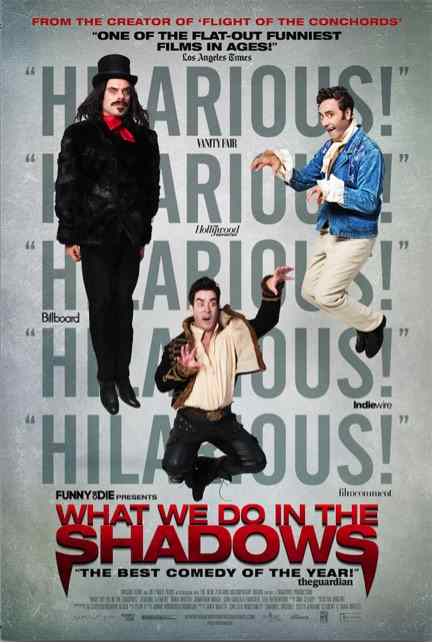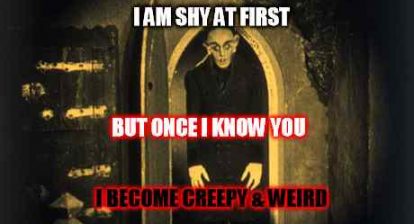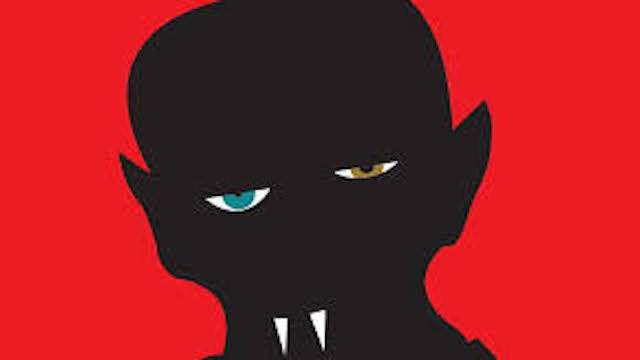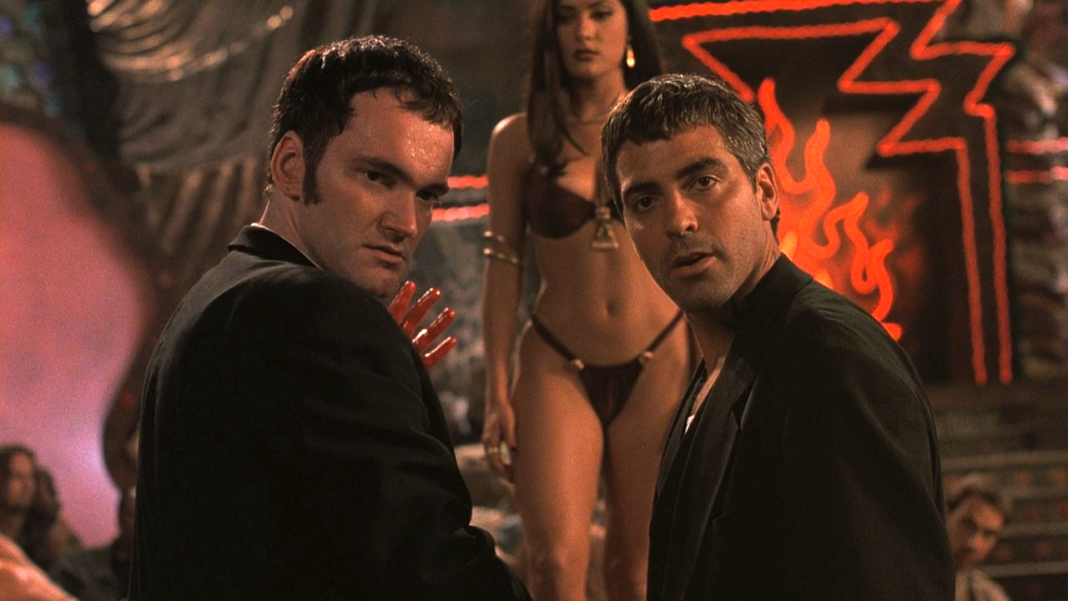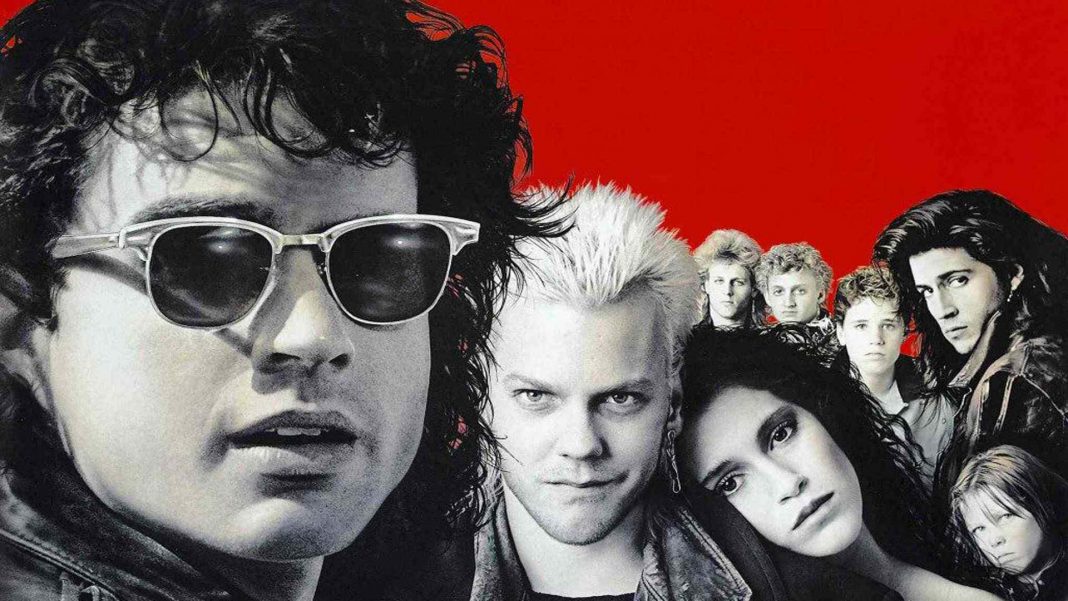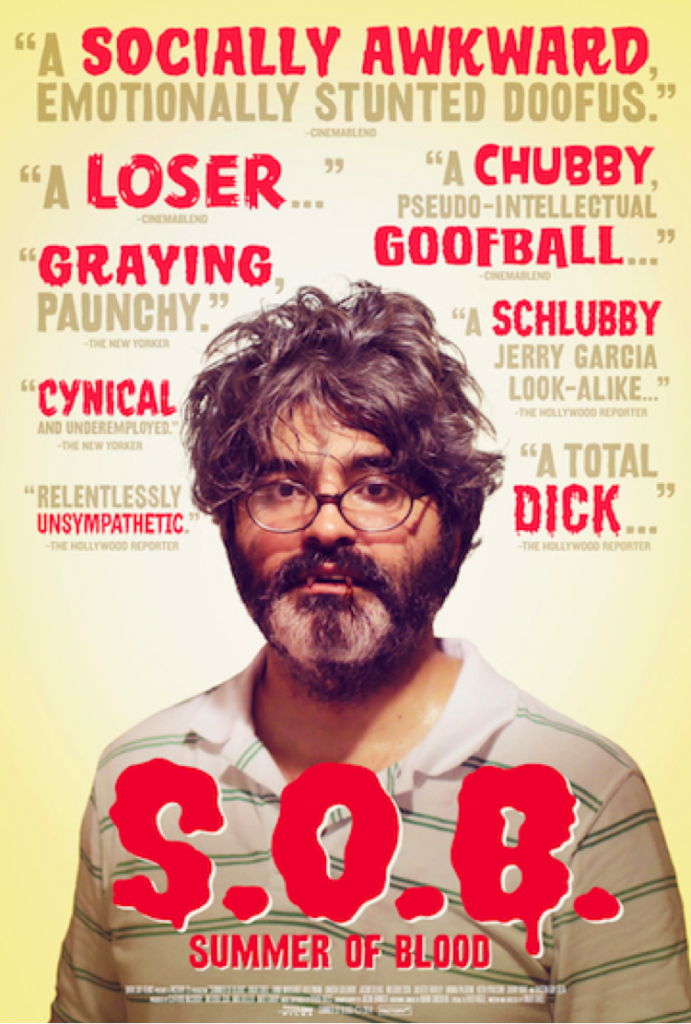I’ve read a lot of books on Dracula, both the tome and its influences, as well as the man. And I’ve read even more about vampires as a whole. Many of these claimed to be total encyclopedias and histories of Dracula and the vampire of the cultural myth. So I was skeptical to see yet another book that promised to be a reservoir of knowledge on a subject in which I already considered myself to be pretty well-versed.
And while the book didn’t contain much that I didn’t already know, the fact that there were bits of information that I had no prior knowledge of really impressed me. Even though most of the book’s contents were things I was familiar with, they were presented in a very different way. Author Bruce Scivalli definitely did his research and knew which texts to refer back to, which is very much appreciated.
 The text is exceptionally structured into clear and concise sections, including areas that I did not expect to get as much attention as they did, such as the rich history of Dracula on the stage. Dracula’s origins are probably tied to the stage more than any other work of horror fiction and this is generally the one area that goes largely overlooked. Bram Stoker worked under legendary stage actor Henry Irving, upon whom the Count is partially based. The classic original Universal Dracula is simply an adaptation of the stage play, which also starred Bela Lugosi. The same thing happened again with Frank Langella and the stage revival in the 1970’s. So it’s nice to see this area get the attention it deserves, because it could easily serve as the basis for an entire book.
The text is exceptionally structured into clear and concise sections, including areas that I did not expect to get as much attention as they did, such as the rich history of Dracula on the stage. Dracula’s origins are probably tied to the stage more than any other work of horror fiction and this is generally the one area that goes largely overlooked. Bram Stoker worked under legendary stage actor Henry Irving, upon whom the Count is partially based. The classic original Universal Dracula is simply an adaptation of the stage play, which also starred Bela Lugosi. The same thing happened again with Frank Langella and the stage revival in the 1970’s. So it’s nice to see this area get the attention it deserves, because it could easily serve as the basis for an entire book.
That might be the only issue with the book, that it contains so much information about so many things. Despite the title, the book does not focus specifically on Dracula but devotes its attention to the entire history of vampire film and fiction. This is not a bad thing, as the tome provides a wealth of information and balances them both, as many books do. But there was enough material here for a text devoted entirely to Dracula himself and with these additions, many appearances of the Count in film and television are simply glossed over.
 As a guide book to both Dracula and vampires, though, you could do a lot worse. It contains the major beats of interesting information on an amazingly wide variety of topics. Everything is clearly organized, which is the true selling point. Dracula FAQ is meticulously structured in a way that most other books of this type are not.
As a guide book to both Dracula and vampires, though, you could do a lot worse. It contains the major beats of interesting information on an amazingly wide variety of topics. Everything is clearly organized, which is the true selling point. Dracula FAQ is meticulously structured in a way that most other books of this type are not.
There are a few inaccuracies, but they are few and far between, like one or two locations in the wrong places and misnaming a few of the characters in Subspecies. But these are hardly unforgivable offenses, of course, and didn’t bog down my enjoyment of the book whatsoever.
If you are a fan of Dracula or of vampires in general, I would definitely urge to you give this tome a glance. It’s one of the best reference texts to come along on this subject in quite some time.
WICKED RATING: 7/10
